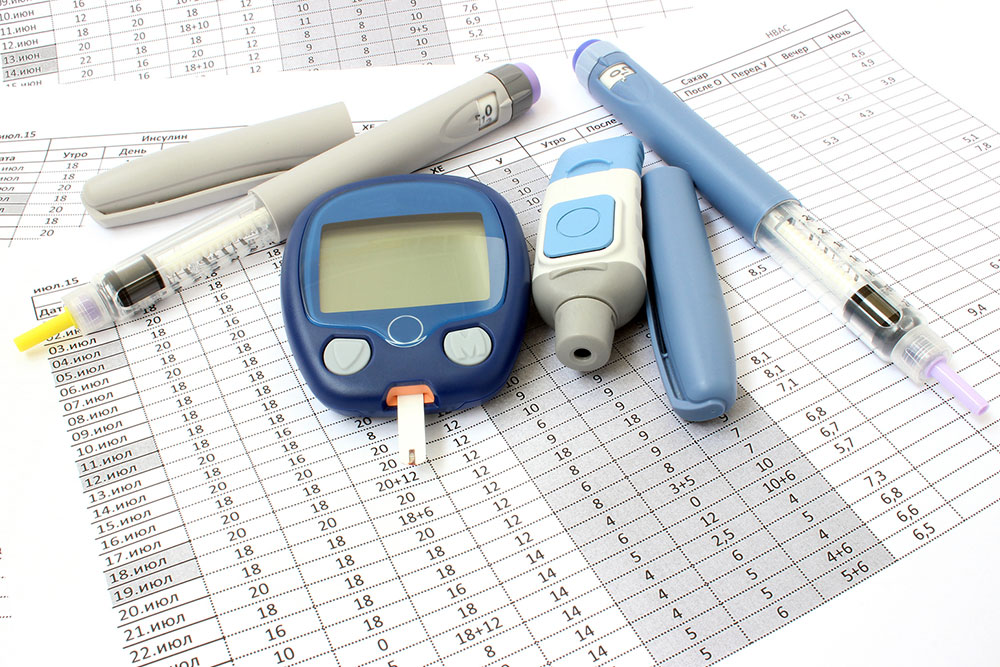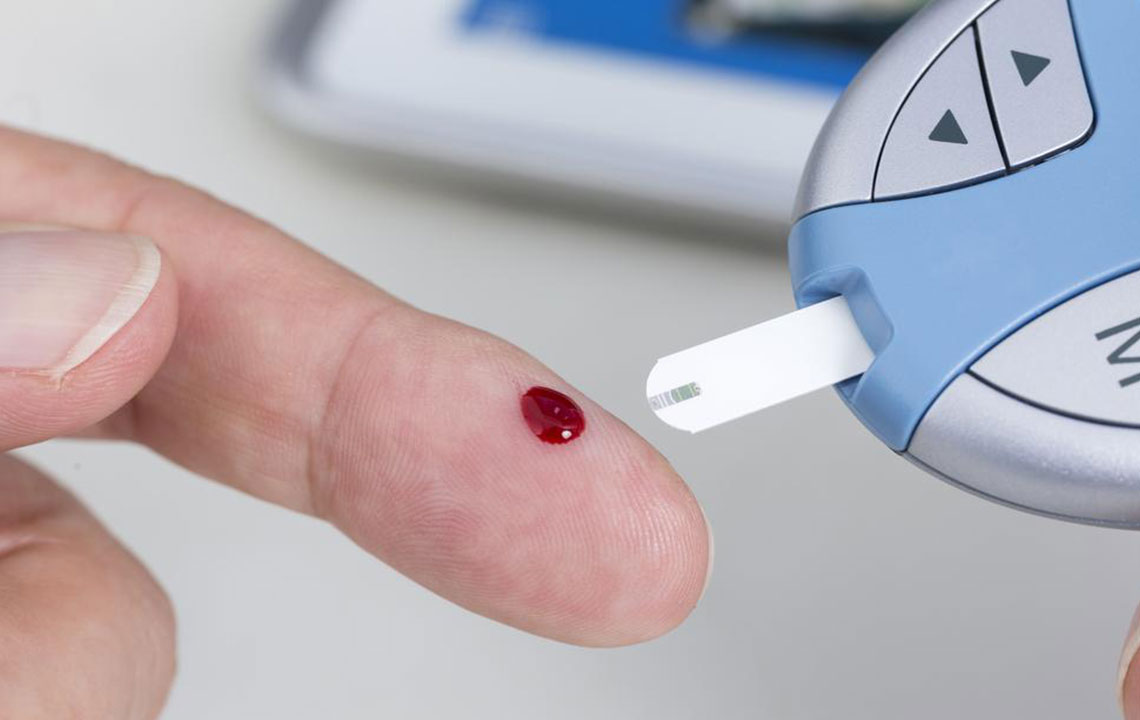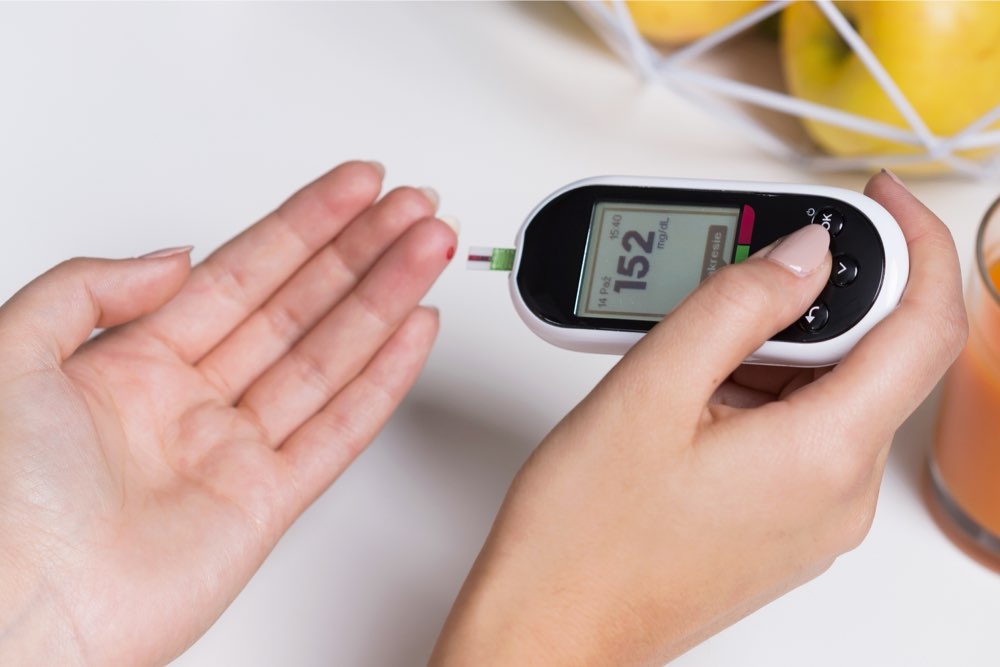Effective Blood Sugar Management for Improved Health and Disease Prevention
Proper blood sugar management is essential for preventing diabetes complications and improving overall health. This comprehensive guide covers why controlling blood glucose is vital, lifestyle strategies for management, and common pitfalls to avoid. By understanding these principles, individuals can take proactive steps to maintain health, prevent organ damage, and lead a balanced life free from severe complications. Regular monitoring, healthy diet, and physical activity are key components to achieving optimal blood sugar levels and enhancing quality of life.

The Critical Role of Maintaining Healthy Blood Glucose Levels
Understanding the importance of regulating blood glucose
Maintaining balanced blood sugar levels is fundamental to overall health and well-being. People are increasingly aware that a healthy lifestyle, which includes proper diet and regular exercise, plays a significant role in preventing chronic conditions, especially diabetes. While diabetes itself may have no immediate cure, effective management of blood sugar levels can significantly reduce the risk of complications, improve quality of life, and promote longevity. Approaching blood sugar regulation proactively can empower individuals to take control of their health and prevent potential health crises.
Why is controlling blood sugar essential for health?
Uncontrolled blood sugar can lead to episodes of hypoglycemia (low blood sugar), hyperglycemia (high blood sugar), and ketoacidosis, all of which pose serious health risks.
Prolonged high blood sugar damages blood vessels, nerves, and organs, contributing to ailments such as cardiovascular disease, kidney failure, nerve damage, and vision problems.
Proper blood sugar management can halt or slow the progression of diabetes, minimizing the likelihood of dangerous complications.
Maintaining stable blood sugar levels enables individuals with diabetes to live more active, healthy, and fulfilling lives, reducing dependence on medications and improving daily well-being.
Can elevated blood sugar alone cause diabetes?
High blood sugar levels are an indicator of diabetes but are not the root cause by themselves. Diabetes results from a complex interplay of genetic, environmental, lifestyle, stress, age, and overall health factors.
While elevated blood sugar can signal the presence of diabetes, it does not directly cause the disease. Managing blood sugar effectively is crucial for preventing complications and maintaining a healthy body.
Reasons why maintaining balanced blood sugar is vital:
Persistent high blood sugar can damage vital organs such as the heart, kidneys, eyes, and nerves.
Uncontrolled levels may lead to dangerous conditions like hypoglycemia, hyperglycemia, and diabetic ketoacidosis, each of which requires urgent attention.
Long-term high blood sugar significantly increases the risk of chronic health issues, including cardiovascular disease and organ failure.
Managing blood sugar levels without relying solely on medication involves several lifestyle strategies, such as:
Engaging in regular physical activity to improve insulin sensitivity.
Monitoring and controlling carbohydrate intake to prevent spikes.
Incorporating high-fiber foods like vegetables, whole grains, and legumes to help stabilize blood glucose.
Ensuring adequate hydration by drinking sufficient water throughout the day.
Common mistakes in managing blood sugar and how to avoid them
Postponing lifestyle modifications after diagnosis increases the risk of developing severe complications.
Eliminating carbohydrates entirely from the diet is a mistake; instead, focus on choosing healthy, complex carbs and discuss suitable quantities with your healthcare provider.
Skipping meals can cause unpredictable blood sugar fluctuations, so regular, balanced meals are essential.
Neglecting to include proteins or healthy fats with carbohydrate meals can hinder blood sugar stability.
Using “cheat days” excessively can disrupt blood sugar control—moderation is key.
Irregular check-ups and failing to record blood glucose levels impede effective management and timely intervention.
Inadequate monitoring and recording of blood sugar data hamper health professionals' ability to tailor treatment plans effectively.
Achieving optimal blood sugar control requires close collaboration with healthcare professionals, consistent monitoring, and a commitment to a healthy lifestyle. Raising awareness and taking proactive steps can prevent the severe health issues associated with uncontrolled blood sugar, emphasizing that while diabetes may not be curable, it is highly manageable. Empowering oneself through education and consistent effort can lead to a healthier, more vibrant life.





